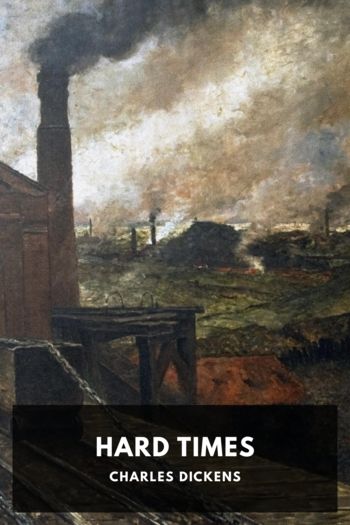Millennium Holland, Tom (read dune .TXT) 📖

Book online «Millennium Holland, Tom (read dune .TXT) 📖». Author Holland, Tom
And hunger, perhaps, especially. Indeed, to Peter, who could remember full well what it was to starve, fasting was, if anything, an even greater ordeal than a scourging, and food the object of all his intensest hostility and desire. Not for him the gracious tolerance of lordly overeating that had been shown by Abbot Odilo. Mercilessly, Peter excoriated the rich for their grossness: for the pendulous folds of their paunches, for the violent flush of their crimson cheeks, for the embarrassing manner in which they were given ‘to belching and breaking wind’. Hildebrand himself, noted ascetic though he was, had duly been shamed into giving up leeks and onions. Great lords were not so readily embarrassed — but even among their ranks, a growing enthusiasm for reform had begun to menace the old easygoing admiration for a spreading belly. Obesity was passing out of fashion. It was a sign of the times, for instance, that Duke Rudolfs brother, the Bishop of Worms, a man who had long been celebrated for his prodigious bulk, should have found himself regarded, ‘not with wonder, but with revulsion’.
Yet gluttony, though it might increasingly provoke ridicule, hardly threatened bishops with revolution. There were other appetites, however, to which flesh was also heir – and which, over recent decades, had come to strike many as a corrosive menace to the proper ordering of the very world. Already, this same startling conviction had set whole cities to totter. In 1057, for instance, priests had found themselves being boycotted, openly assaulted and even threatened with death, all in the streets of Milan. A development fit to send shock waves throughout Christendom: for not only was the city perhaps the largest in the whole of the Latin West, a rare example of an ancient settlement that had actually burst its Roman walls, complete with hospitals, public baths and even pavements, but its archbishop was so fantastically grand that it was all he could do not to look down his nose at the Pope.
What on earth, then, could possibly have provoked such a crisis in so venerable and self-satisfied a church? It was a measure of the seriousness with which this question was taken in Rome that one of the two legates sent to investigate it had been none other than the highflying bishop who, three years later, would move into the Lateran as Pope Alexander II. The other had been Peter Damian. Arriving in Milan, the two legates had found the city convulsed by running street battles. On one side were henchmen of the archbishop, an old crony of Henry III by the name of Guy; on the other, insurrectionists from the countryside and the poorer quarters of town. ‘Patarenes’, their enemies called them: a deliberate sneer, derived from the name of the local rag market. Yet though class tensions in the city undoubtedly were violent, it was not issues of poverty that obsessed the Patarenes. Rather, what had originally set them at the throats of Guy and his clergy was a custom so hallowed by tradition that for centuries no one in Milan had thought so much as to raise an eyebrow at it. A custom that had permitted priests to marry, to live openly with their wives – and to have sex.
This was a red rag to Peter, of course. Perhaps, even had the Patarenes not been rampaging around the troubled city, forcing priests at knife point to swear oaths of chastity, he would still have looked favourably on their demands; for the taking down of the Archbishop of Milan a peg or two had long been an ambition of papal strategists. Nevertheless, the notion that a priest—a priest! – might feel himself justified in pawing at a concubine’s flesh, in stimulating ‘the pleasure that scratches the itch within’, and then in handling at a holy Mass the body and blood of Christ Himself, was naturally fit to throw Peter into apoplexies. To be sure, he had never had any intention of condoning the Patarenes’ thuggery. Violence filled him with horror: he had always regarded Leo IX’s war-making as an abomination, and in Milan it had been his aim to rebuild ‘with great discretion whatever he found there in a state of ruin’. But when it came to expressing the disgust he felt at the very notion of a married priest, discretion was hardly an option – for if a vase or a leek or an onion were a hellish temptation, then how much more so was a woman. Unlike a pot or vegetable, after all, she might take an active interest in being handled by a man. Titbits of the devil, refuse of paradise, slime that fouls minds, blade that slays souls, wolfsbane of drinkers, poison of table companions, the stuff of sin, the occasion of death.’ Such vehemence was hardly surprising. To Peter, in terror of exile from God’s presence as he was, it made no more sense for a priest to lie with a woman than for a fasting hermit to move into a kitchen. The seductions of a concubine, the perfumes of a pie: both, as a matter of the utmost urgency, had to be kept at bay. No wonder, then, in addressing the wives of priests, that Peter should have been roused to





Comments (0)